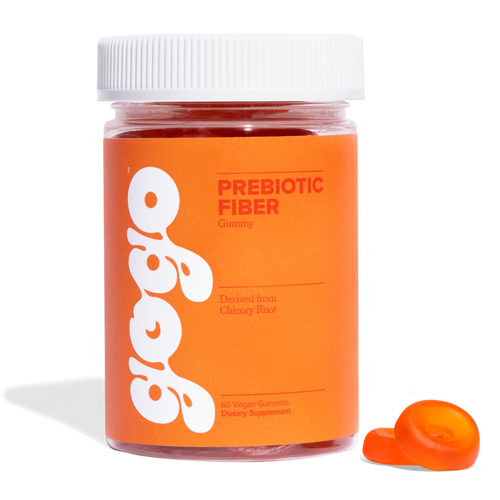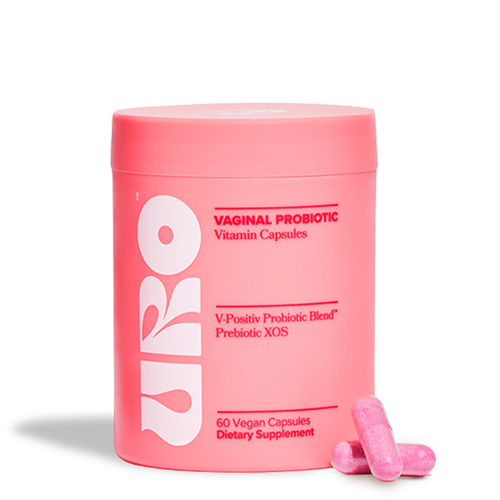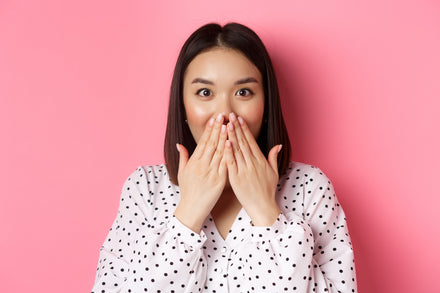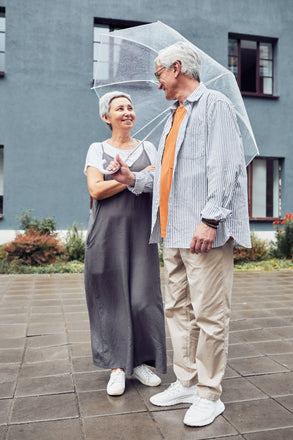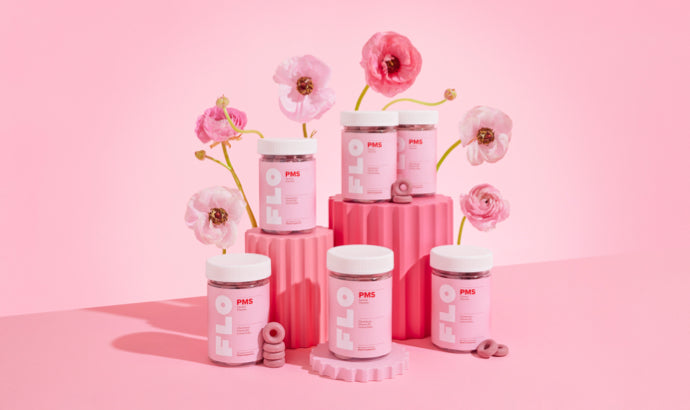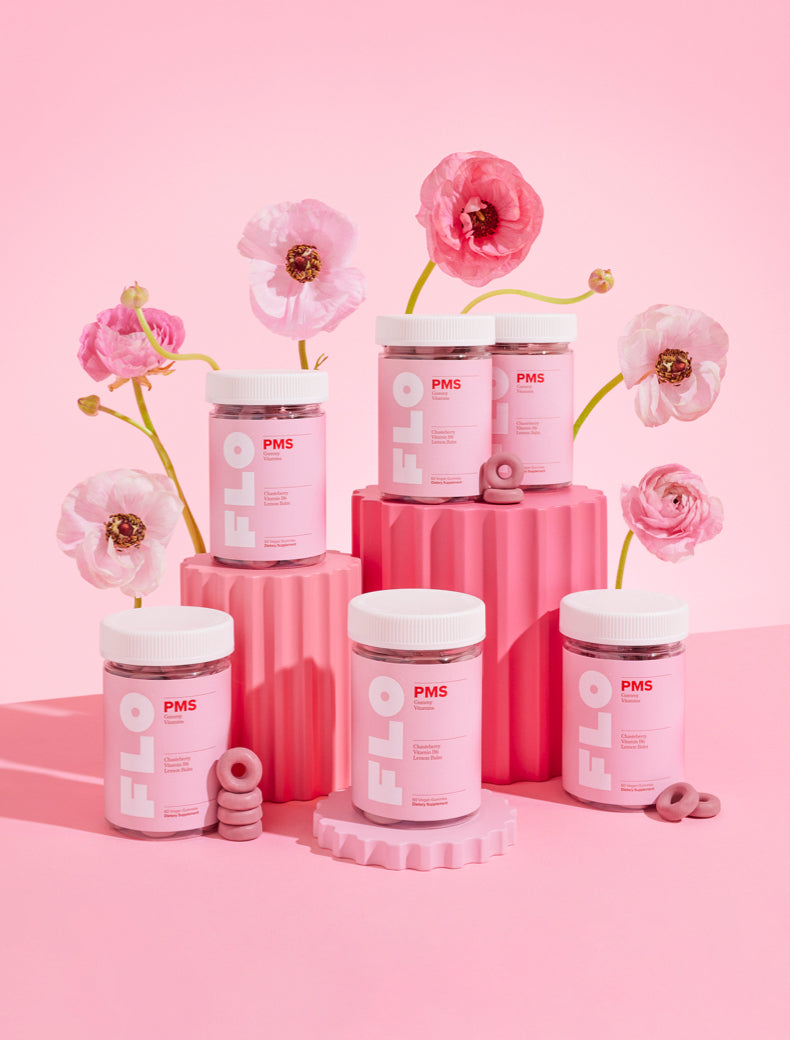If you notice yourself feeling a little more turned on than usual, it’s probably due to the ovulation phase of your cycle.
Of course, everyone is different, but it’s common for women to have an increased sex drive leading up to and during ovulation—when estrogen levels are peaking.
Keep reading to learn more about why this is, how it can impact your relationships, and whether or not men can actually tell when you’re ovulating.
Phases of the Menstrual Cycle
The menstrual cycle consists of four phases, with changing hormone levels throughout each.
Menstruation
The first phase is menstruation, most commonly characterized by your period. The lining of the uterus sheds and you experience bleeding for typically around three to seven days. During this time, the hormones estrogen and progesterone are at their lowest levels but will gradually rise over the course of menstruation.
Follicular Phase
The follicular phase occurs around days six to 14, following your period. The lining of the uterus begins to thicken as the body prepares for the ovaries to release an egg and estrogen levels begin to rise while the body prepares for ovulation.
Ovulation
During the ovulation phase, an increase in luteinizing hormone (LH) causes your ovaries to release an egg, which typically happens around day 14 of a 28-day cycle. This is the most fertile time of the menstrual cycle as the body prepares for a possible pregnancy. Estrogen levels peak at this time and then fall quickly after ovulation, as progesterone levels begin to rise.
Luteal Phase
The week before your period is known as the luteal phase. This is when the follicle that released the egg begins producing progesterone, the hormone that’ll help thicken the lining of the uterus in preparation for pregnancy. If the egg isn’t fertilized, the follicle will break down, progesterone levels drop, and the menstrual cycle will begin.
How to Know When You’re Ovulating
Unless you’re adamant about tracking your cycle in Apple Health or with another period app, you probably don’t know for sure when you’re in your ovulation phase. If you’re trying to conceive (or not conceive), or simply want to better understand your body as it goes through the menstrual cycle, there are a few ways to tell when you’re entering the third phase.
Signs of Ovulation
An average menstrual cycle is 28 days long, and ovulation typically occurs about 14 days before your next period. Because not everyone’s cycle is the same length, this isn’t a surefire way to know.
You can look out for certain signs and symptoms that go hand-in-hand with ovulation. According to the Mayo Clinic, these include:
Change in vaginal secretions (cervical mucus): Just before ovulation, you might notice an increase in clear, wet, and stretchy vaginal secretions. Just after ovulation, cervical mucus decreases and becomes thicker, cloudy, and less noticeable.
Change in basal body temperature: Your body's temperature at rest (basal body temperature) increases slightly during ovulation. Using a thermometer specifically designed to measure basal body temperature, take your temperature every morning before you get out of bed. Record the results and look for a pattern to emerge. You'll be most fertile during the 2 to 3 days before your temperature rises.
The Connection Between Ovulation and Sex Drive
In one study of 25 married women, over the course of 90 days, researchers found the women were having more sex during their ovulatory phase.
Another study on hormones, sex drive, and the menstrual cycle found that women reported feelings of greater sexual desire when their estradiol levels, a type of estrogen, were higher.
“This makes evolutionary sense because it’s also the time you’re most fertile, so most likely to conceive,” Dr. James Roney, a professor at U.C. Santa Barbara who researches human endocrinology, told Jennis, a hormonal health platform.
Estradiol can increase as much as 800% leading up to ovulation, so it’s no surprise the effects can be felt.
“It’s not just estrogen making its presence felt at this point in your cycle,” Dr. Roney said. “The hormone oxytocin is also peaking mid-cycle, so one theory is that estrogen and oxytocin work together to trigger desire.”
Oxytocin, often referred to as the ‘love hormone,’ promotes positive feelings, helps us bond with loved ones, and plays an important role in sexual desire.
Dr. Roney also suggests another hormone plays a role in your sex drive during this time. “Finally, there’s luteinising hormone, which is the hormone that triggers ovulation. This is also surging at the same time, so the rise in libido could be of a combination of all three hormones. Unfortunately, we don’t yet know for sure and more studies are needed."
Ovulation and Relationships
The way you feel during ovulation can have a deeper impact on your romantic relationships, as well.
In a study on women’s behavior toward men during the ovulatory cycle, researchers found that women’s flirting behaviors changed, along with what they were looking for in short and long-term mates.
Women in their ovulatory phase reported “more interest in men who had purported markers of genetic fitness as short-term mates, but not as long-term mates.” Women also exhibited increased flirting behavior during this phase of high-fertility, but only with the men they deemed more genetically fit.
The study concluded that “fertility not only alters women’s behavior but does so in a context-dependent way that follows adaptive logic.”
Another study looked at women’s behavior toward their partners during the ovulatory phase. Interestingly, when women’s partners were deemed low in sexual desirability, women felt less close to their partners at this time and were more critical of their faults. In comparison, women whose partners were high in sexual desirability felt closer to them and more satisfied in their relationship.
Can Men Tell When You’re Ovulating?
While men can’t necessarily pinpoint the days that you’re ovulating, some studies suggest that they do find you more sexually attractive during ovulation—widely based on scent.
In a study on body odor attractiveness as a cue of impending ovulation in women, women collected samples of their body scent twice, once on a high-fertility day when they were ovulating and once on a low-fertility day. Men then smelled each sample and rated them based on sexiness, pleasantness, and intensity, and estimated the physical attractiveness of the woman who had provided the sample.
Men chose the high-fertility scent samples as more attractive, and those samples also had a more favorable ratings across the other categories.
Another study looked at different physiological reactions in men when they smelled t-shirts worn by women for three nights during ovulation. The researchers then measured the testosterone and cortisol levels of men as they smelled different parts of each shirt.
The odor from the section of shirt that touched the women’s backs increased testosterone in men, while the section of shirt that touched women’s chests reduced the men’s cortisol. According to the study, “these results suggest that the odor of specific body parts of women modulate unconscious physiological reactions in men.”
Overall, You Might Indeed Be More Attractive During Ovulation
It turns out, you probably do seem more attractive to heterosexual men during ovulation. And you’re almost certainly going to feel hornier. However, it’s important to remember everyone’s bodies are different and there is still a need for more studies to fully understand this aspect of the reproductive system.




